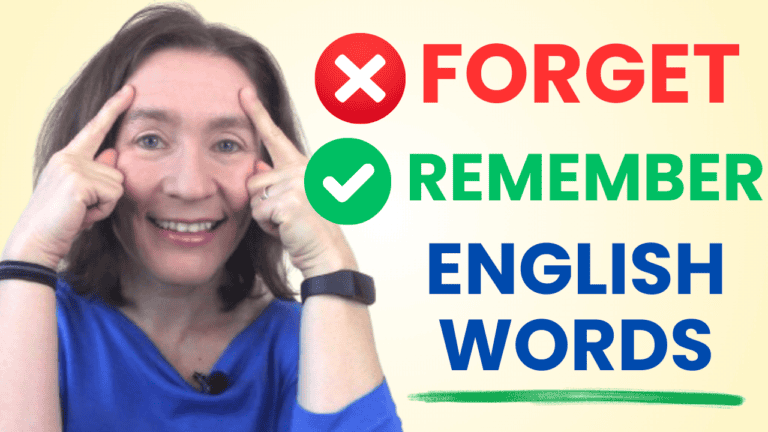
Last week you learned 20 different ways to say “yes” in English, and today you’ll learn 20 different expressions for “no.”
These are especially important to learn because we often want to be polite when declining an invitation or request – it sounds a little rude to just say “no.” Or maybe you want to add some additional information to the simple answer of “no” – a lot of today’s expressions include extra meaning.
All the expressions you’re going to learn today are so common in everyday life! And you can learn a lot more inside my Everyday English Speaking Courses. They are the most popular courses at Espresso English, because the lessons are so practical and useful.
Now let’s get into the 20 ways to say “no” in English. I’ll explain exactly when to use each one, and how they’re different from each other.
20 Ways to say NO in English
“Are you from Canada?”
“Nope.”
This is simply another informal way to say “no.”
“Do you like to read?”
“Nah.”
“Nah” is another informal way to say “no” – and we typically use it for replying to questions about our preferences, opinions, or plans (not to questions about facts, like “Are you from Canada?” or “Is the bank still open?”)
This word sounds a little bit like you don’t care – so I’d avoid it in situations where someone is inviting you to something or asking if you like their work.
“Have you seen this movie?”
“Uh-uh / Mm-mm”
These sounds both mean “no.” Sometimes people use these when they’re distracted and not completely paying attention to the person asking the question.
“Did you take out the trash?”
“Not yet.”
Replying “not yet” expresses that something is not true in the past or present, but probably will be true in the future. So you’d say “not yet” if you haven’t taken out the trash, but you will do it later.
“Are you taking any classes?”
“Not right now.”
This answer expresses that something is not true in the present, but maybe was true in the past or will be true in the future. So if you took classes in the past but stopped, you could say “not right now.” Or if you aren’t taking classes currently but plan to do so in the future, you could also say “not right now.”
“Is the bank open on Sunday?”
“I don’t think so. / Probably not.”
These are ways to say “no” when you are not 100% certain.
It’s more common and natural to say “I don’t think so” instead of “I think not.”
“Do you want something to drink?”
“No thanks. / No thank you.”
These are both polite ways to say “no” when someone offers you something.
“Are you going to buy those $200 shoes?”
“No way! / Absolutely not!”
These express a STRONG no. The phrase “No way” is more informal.
“Want to come to our barbecue this weekend?”
“I’m afraid I can’t. / I wish I could, but… / Maybe another time.”
These are all polite ways to say “no” to an invitation.
“Want to go surfing with us?”
“I think I’ll pass. / It’s not really my thing. / I’d rather not.”
These are ways to say “no” when someone asks you to join an activity that you don’t enjoy.
“Can you deliver the products tomorrow?”
“Unfortunately that’s not possible. / I’m afraid not.”
These are professional ways to express that you won’t be able to do what someone is requesting.
“Have the customers been informed about the problem?”
“Not to my knowledge. / Not as far as I know.”
These expressions mean that according to what you currently know or are aware of, the answer is “no.” It’s possible the answer is yes, but you don’t know it. “Not to my knowledge” is more formal.
This is just a very small sample of the many ways we have to say “no” in English – there are many, many more!
As you can see, these different expressions all add slightly different meanings. A lot of them are commonly used in some situations, but don’t sound natural if used in another situation.
This is why it’s so important to learn words and phrases in context, so that you can use them the right way. The lessons inside the Everyday English Speaking Courses are based on dialogues that help you learn phrases in the real situations where native speakers use them.










